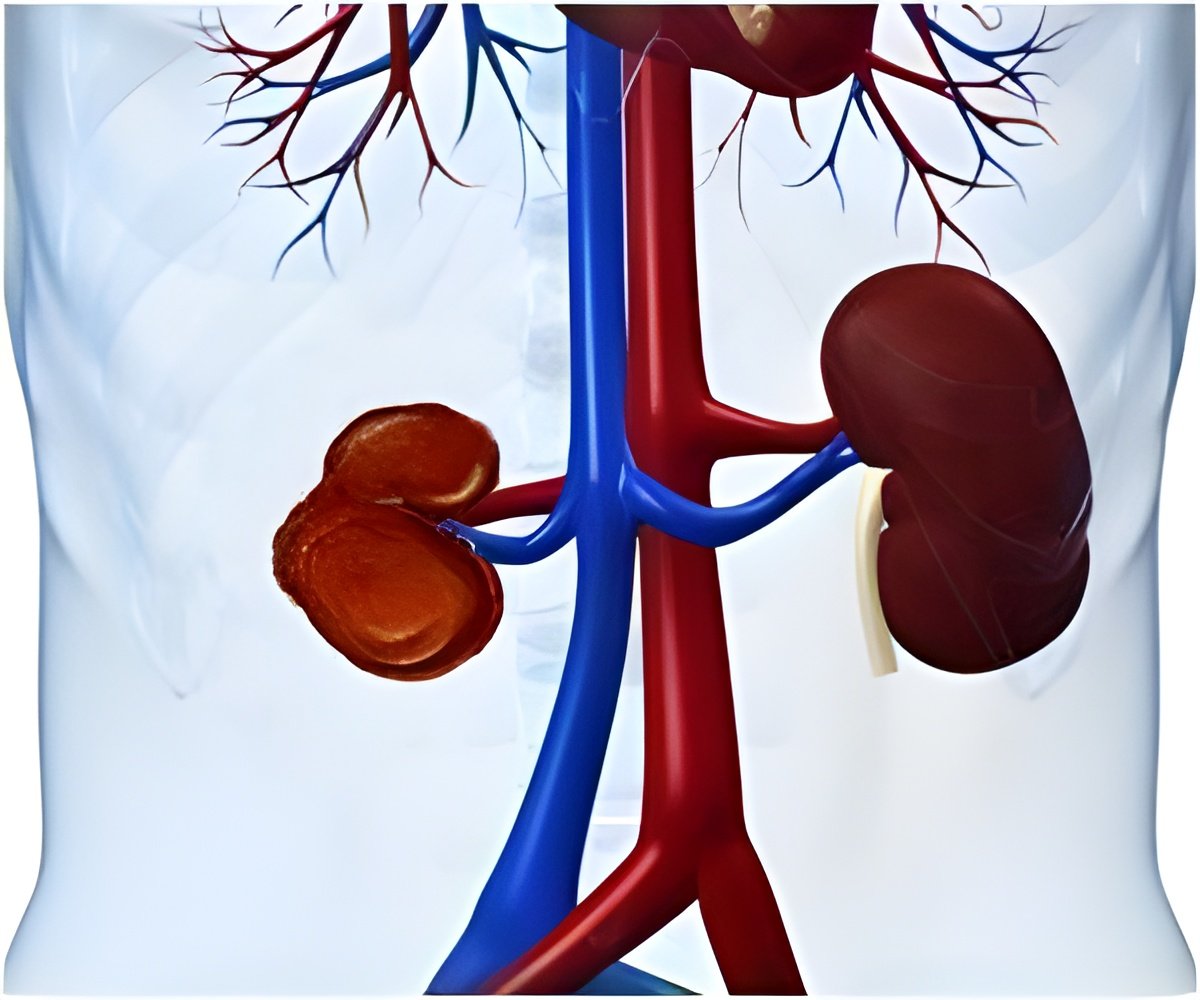Men suffering from glomerular disease during their childhood are more likely to suffer from hypertension during their adulthood, a new study found

Asaf Vivante, M.D., of IDF Medical Corps, Tel-Hashomer, Israel, and colleagues conducted a study that included male military personnel in Israel, who had a baseline evaluation conducted prior to recruitment at age 17 years, during which the diagnosis of resolved childhood glomerular disease was determined. Participants were followed up until the diagnosis of hypertension (systolic >140 mm Hg or diastolic >90 mm Hg), retirement from service, or December 31, 2010, whichever came first.
The study included 38,144 career personnel, of whom 264 were diagnosed with a medical history of resolved childhood glomerular disease. During an average follow-up of 18 years, 2,856 participants developed hypertension; 13.6 percent of participants with a medical history of resolved childhood glomerular disease and 7.4 percent of those without such history.
"In this study, resolved childhood glomerular disease was associated with subsequent risk of hypertension in a cohort of young healthy adult men," the authors write. They add that their results suggest that glomerular disease during childhood may initiate kidney injury that manifests in adulthood, well before sufficient loss of excretory kidney function can be measured with standard laboratory tests, such that the first manifestation may be adult hypertension.
Source-Eurekalert














